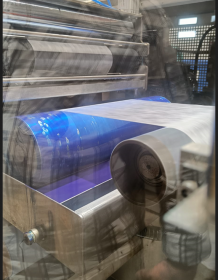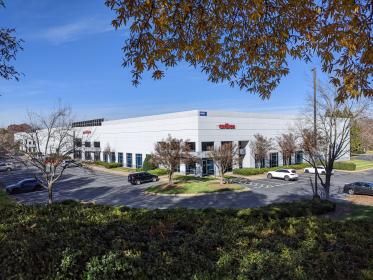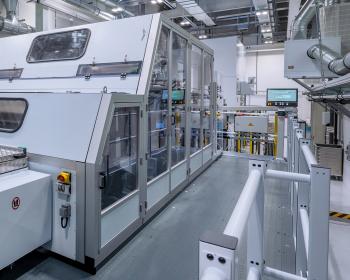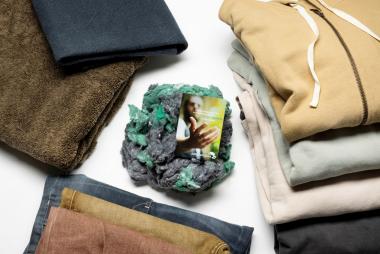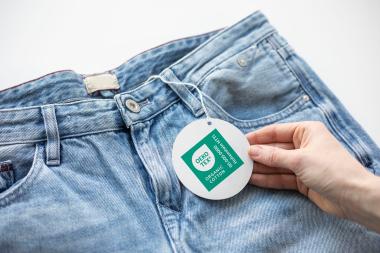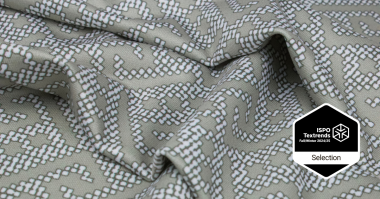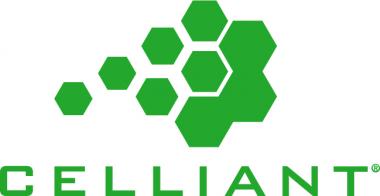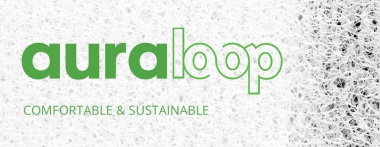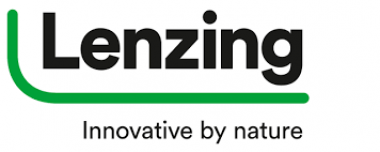VDMA: Way2ITMA
100 days before ITMA 2023 in Milan, VDMA Textile Machinery launched its “Way2ITMA” webinar series. “Transforming the World of Textiles: efficient – digital – circular”. Under this heading, VDMA technology providers will present their solutions along the value chain.
Speakers of the virtual event were Dr. Janpeter Horn, Chairman of the VDMA Textile Machinery Association and Managing Director of August Herzog Maschinenfabrik, Dirk Vantyghem, Director General, EURATEX, Francis Elias Junker, Area Sales Manager, Andritz Laroche and Tanja Karila, Chief Marketing Officer, Infinited Fiber Company.
With regard to the EU strategy for sustainable and circular textiles, Dr. Horn said: “This topic concerns all of us, consumers and producers. We as machinery builders position ourselves as enablers. We want to be part of the solution of this ambitious project”.
Dirk Vantyghem introduced the core issues of the EU textile strategy launched in 2022, which is the most ambitious plan ever, to push the textile sector towards sustainability and transparency, and promote a new circular business model. If wrongly designed, that new framework may collapse the European textile value chain. But if done rightly, the changes ahead could bring a paradigm shift in the sector, where competitiveness is no longer based on price only, but also on sustainability and innovation, explained Vantyghem.
Francis Elias Junker showed high level of expertise for mechanical textile recycling for both spinning and nonwovens industries that Andritz has. The company has a diversity of solutions to offer and several cooperation partners, covering the value chain from recovery of fiber to the chemical modification and preparation for the production of yarn.
Tanja Karila gave an overview of how Infinited Fiber is turning textile waste into new fibers. Patented technology turns post-consumer textile waste into brand new premium quality fibers for the textile industry. The textile-to-textile recycling technology captures the value in waste that would otherwise be landfilled or burned.
VDMA e. V.
Textile Machinery














